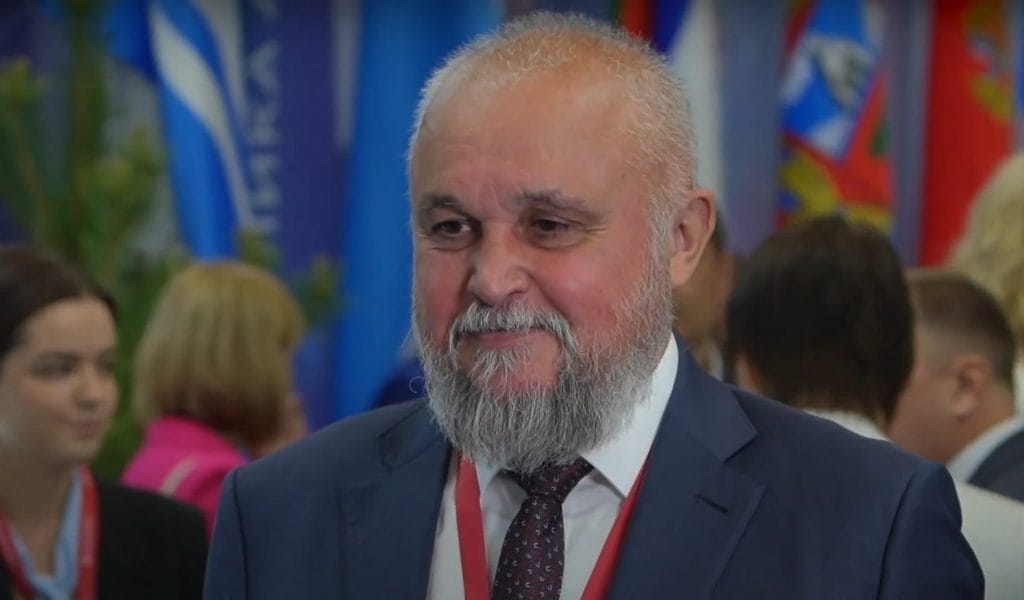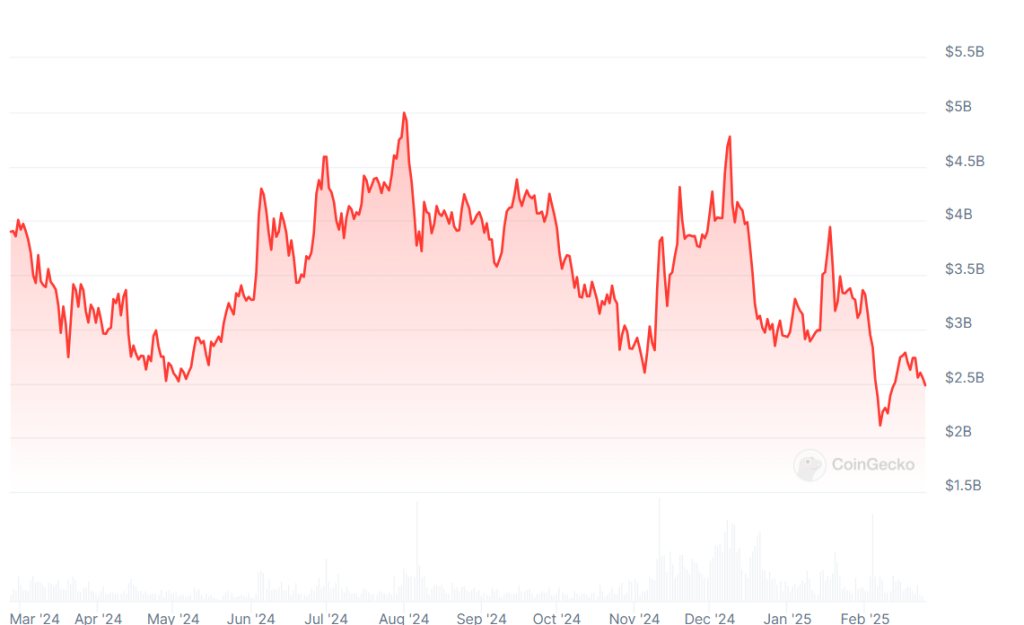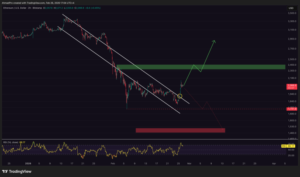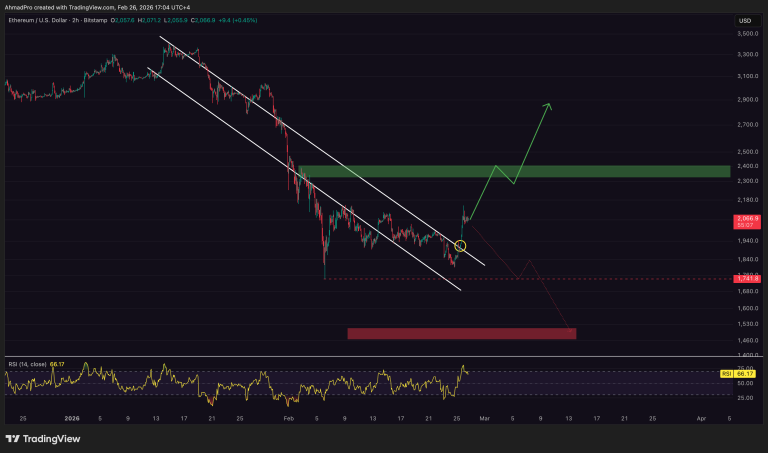Last updated:
 Why Trust Cryptonews
Why Trust Cryptonews

The Russian Energy Ministry has claimed that a recent ban on crypto mining in many parts of Siberia is helping to ease pressure on the region’s electricity grids, despite recent reports to the contrary.
Per the Russian state-run news agency TASS, the ministry claimed the consumption on the Siberian power grid was down by “more than 300 MW” as a result of the ban orders.
Russian Energy Ministry: Regular Crypto Mining Meetings Planned
The ministry made the claims at a “digital currency mining regulation” meeting, with Russian Energy Minister Sergei Tsivilev in attendance.

The ministry credited the ban with helping Siberian power providers “avoid imposing restrictions” such as rolling blackouts.
The ban came into force on January 1, 2025. It also outlaws mining in several other Russian and Russian-occupied areas until 2031.
However, the ban is only effective in the winter months, when electricity demands are typically highest.
Some Siberian officials say the bans do not do enough. And some have instead called for “year-long” bans in certain parts of the region.
The Ministry of Energy also reiterated its desire to “create a national directory of equipment” used to “mine cryptocurrencies.”
This will help it keep track of “legal” miners and assist power companies in the fight against illegal and quasi-legal (or “grey”) mining.
The ministry added that it would begin holding “regular” meetings on “mining regulation.”
The meetings will see participants discuss a new “regulatory framework” for crypto mining and assess the efficacy of the ban “in a number of Russian regions.”
Siberia – Still a BTC Mining Hub?
However, recent reports have claimed that crypto mining is growing fast, both in Siberia and beyond.
Earlier this month, the Siberian power firm Irkutskenergosbyt claimed that “household electricity consumption” in the first month of this year grew by 1% compared to January 2024 figures.
The firm said that the fact that January was unseasonably warm in Irkutsk meant that the rise was even more noteworthy.
Also this month, Russian data compilers have claimed that the nation’s Bitcoin mining sector grew by 7% in 2024.
Still Bitcoin-keen: Russian Miners
Meanwhile, the Russian media outlet Comnews reported that most Russian industrial crypto mining “enterprises” (10%) are “still active” in the Irkutsk region.
The ban covers only part of Irkutsk, although the remainder of the Oblast says that it is at “full capacity” for crypto mining.
The same media outlet quoted MTS experts as stating that Bitcoin (BTC) remains Russian miners’ favorite coin.
BTC, they said, “accounts for 90% of” industrial capacity. Other industrial miners focus their efforts on Litecoin (LTC), Kaspa (KAS), Ethereum (ETH), and Monero (XMR).

Experts Divided on ‘Ban Success’ Claims
Valery Petrov, a member of the expert council of the Russian Association of Cryptocurrency and Blockchain (RACIB), claimed that Moscow’s move to “legalize” crypto has helped the sector.
But Petrov also claimed that new “differentiated” tariffs for crypto mining have also “significantly limited business growth.” He explained:
“Electricity consumption problems need to be solved by increasing the efficiency of managing power flows and bringing new generators online. Negatively affecting business growth will decrease government revenues from tax payments.”
One of Russia’s biggest industrial crypto players cast doubt on the 7% growth figures, however.
Oleg Ogienko, the Deputy General Director for Communications at BitRiver, noted that official power grid association figures allocate 3.6 GW worth of nationwide power consumption for “data centers.”
Ogienko said that he thought crypto miners accounted for 2.7 GW of that figure. However, the BitRiver expert added that grid firms have “approved” measures that would potentially see this figure “rise to 11 GW” in the next “three to five” years.




















